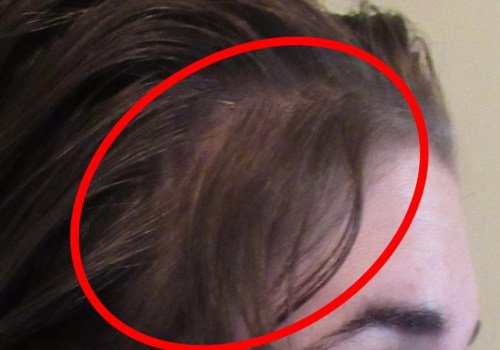It most commonly occurs 3-5 months after the operation. As the body adapts to the changes, hair loss will decrease and then stop. Hair should grow back normally as long as there are no nutrient deficiencies and consume adequate protein. You may notice that more hair falls out than usual in the months after bariatric surgery.
This is a normal side effect of the procedure and can occur due to the body's response to surgery, weight loss and a disturbed diet. Nutritional deficiencies are the most common cause of hair loss in bariatric patients, so you need to take vitamins to keep the body balanced. Vitamins will keep your nutrient levels high, helping you fight hair loss. Talk to your bariatric doctor to see what types of vitamins you should take and how often.
Bariatric surgery is associated with dermatological disorders, including hair loss. Telogen effluvium is a non-scarring alopecia, which can occur after bariatric surgery and usually occurs within three months of surgery. However, alopecia after bariatric surgery can also result from a nutritional deficiency, which usually occurs several months after surgery. Bar SITE is a useful acronym for describing telogen effluvium induced by bariatric surgery.
Hair loss after bariatric surgery can be quite scary and can cause people not to choose bariatric surgery. However, hair loss is not permanent, and hair grows back with proper nutrition. People who have bariatric surgery are more likely to experience hair loss than those who have had a lap band procedure. This is because in bariatric surgery, weight loss is rapid and there is a greater likelihood of nutrient deficiency in the body once the surgery is completed.
But, in the Lap-Band procedure, weight loss is gradual, so people experience less hair loss. As a result, less vital functions in the body, such as functions that govern hair growth, are deprived of adequate nutrients. Most of the time, this hair loss will decrease after several months, and your body will start to grow more hair. Oral contraceptive therapy partially controlled his acne; laser hair removal had been performed monthly because of his hirsutism.
Hair loss is a relatively common occurrence that occurs after gastric sleeve surgery or gastric bypass, no matter where in the world you have surgery. The four common types of weight-loss surgery include duodenal change with biliopancreatic bypass, laparoscopic adjustable gastric band, Roux-en-Y gastric bypass, and sleeve gastrectomy. In addition to telogen effluvium and nutritional deficiencies, laboratory evaluation may be useful to exclude other causes of hair loss in women after bariatric surgery. Failure to meet the 60 grams of protein required after surgery can lead to more severe hair loss.
All of this can culminate in a condition known as telogen effluvium, a type of hair loss that patients often experience after having weight-loss surgery. If you lose a lot of hair and steadily after months of surgery, you should monitor your iron levels. Under normal circumstances, hair loss lasts an average of 3 to 4 months, but not longer than 6 months. Here are some of the simplest but effective tips that will allow you to enjoy your new body without worrying about hair loss.
Of course, the weight loss team and their team of experts will be more than ready to guide you through your weight loss journey after your gastric sleeve or gastric bypass, as well as any revision surgery options you may need if you are not satisfied with the results of your weight loss. .





